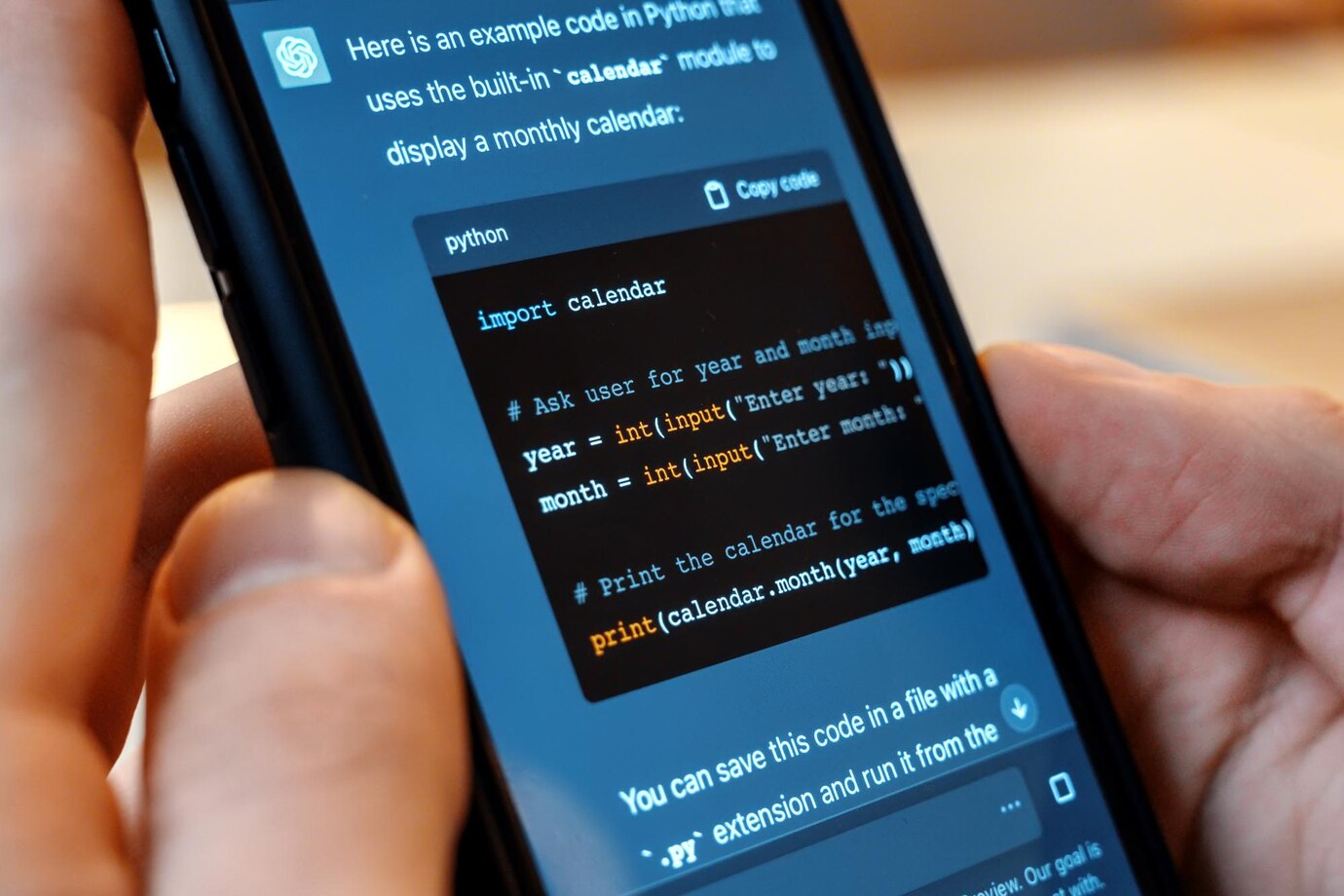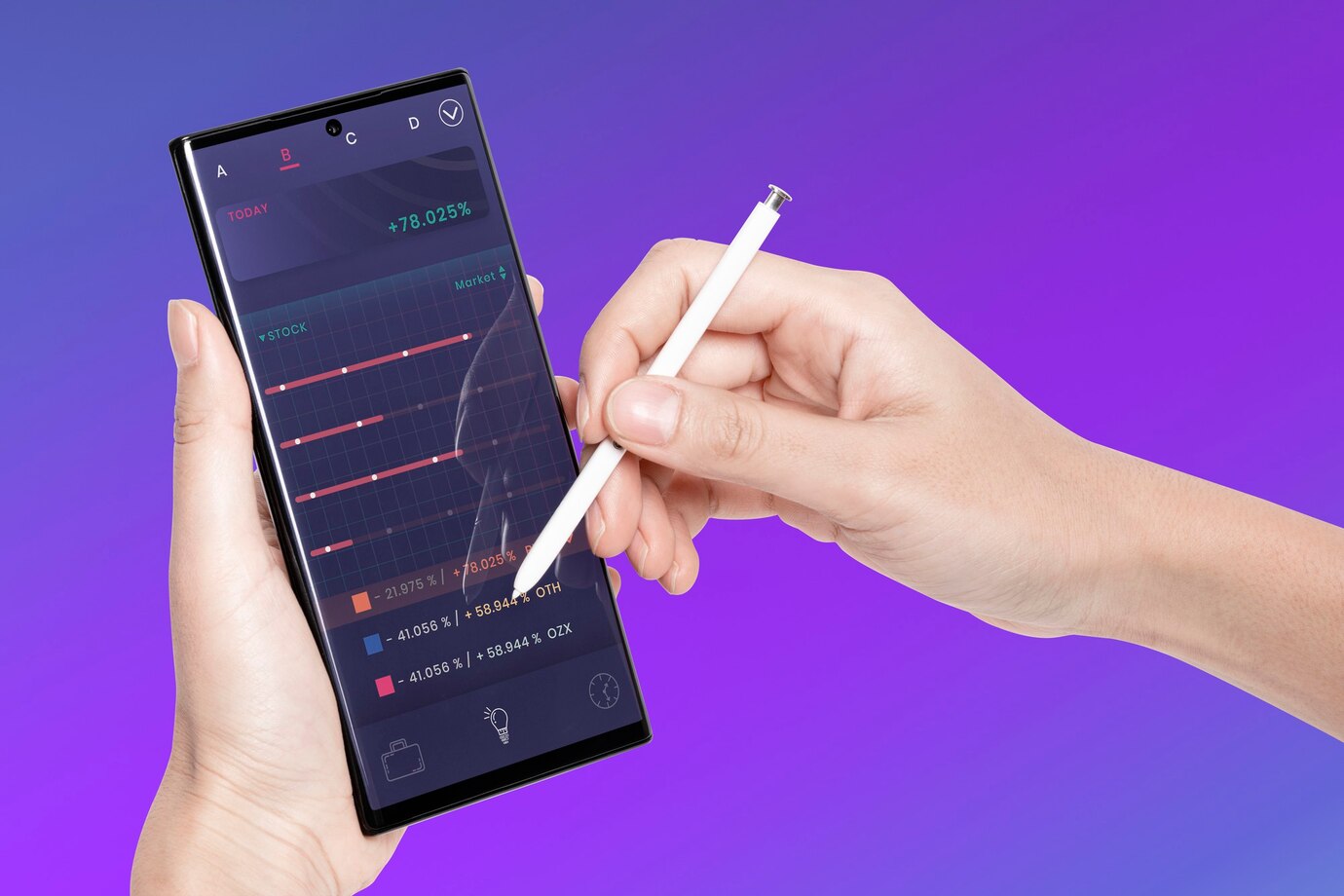The Benefits of Using Kotlin for Android App Development
In recent years, Kotlin has emerged as one of the most popular programming languages for Android app development. With its concise syntax, enhanced features, and seamless integration with Android Studio, it is quickly becoming the go-to language for many mobile app developers . For those unfamiliar with Kotlin, it is a statically-typed programming language developed by JetBrains, and it runs on the Java Virtual Machine (JVM). Since Google officially declared Kotlin as a first-class language for Android development in 2017, its popularity has skyrocketed. This blog will explore the many benefits Kotlin brings to mobile app developers and why it’s the right choice for modern Android development.
1. Concise and Readable Code

One of the biggest challenges mobile app developers face is maintaining clean, readable, and concise code. Kotlin addresses this issue directly. Unlike Java, Kotlin reduces boilerplate code by introducing several features that allow developers to write less code. This includes built-in support for data classes, extension functions, and more. Kotlin's syntax is designed to be more expressive, which means mobile app developers can accomplish more with fewer lines of code.
For example, a simple class with getters and setters in Java would require several lines of code. In Kotlin, however, the same class can be written in just a few lines, with properties and methods automatically generated. This simplification of code improves readability and maintainability, making it easier for developers to collaborate on complex projects.
2. Full Interoperability with Java

For mobile app developers already familiar with Java, Kotlin provides an easy transition. One of the standout features of Kotlin is its full interoperability with Java. This means that developers can use Kotlin and Java in the same project without any issues, allowing for gradual adoption of Kotlin in existing Java-based Android applications. This interoperability significantly reduces the barrier to entry for mobile app developers who are used to the Java ecosystem but want to take advantage of Kotlin’s more modern features.
Additionally, Kotlin can easily interact with existing Java libraries and frameworks, meaning developers don’t have to worry about rewriting large portions of their code when transitioning from Java to Kotlin. This ensures that Kotlin can seamlessly integrate into existing development workflows.
3. Improved Safety with Null Safety

NullPointerExceptions are one of the most common causes of runtime crashes in Android apps. Kotlin provides a built-in feature known as "null safety" that aims to prevent these types of errors. In Kotlin, variables are non-nullable by default, which means they cannot be assigned null values unless explicitly declared as nullable. This design helps mobile app developers avoid a class of errors that have traditionally been a source of frustration in Java.
In Kotlin, if a developer tries to assign a null value to a non-nullable variable, the compiler will catch the error at compile time, providing a safeguard that prevents unexpected crashes at runtime. This feature alone can save mobile app developers significant time and effort in debugging and ensure more stable, robust apps.
4. Enhanced Tooling and Support

Since Kotlin is officially supported by Google for Android development, mobile app developers benefit from excellent tooling and integration with Android Studio. Android Studio provides first-class support for Kotlin, including features like code completion, refactoring tools, and a Kotlin-specific linter. These tools enhance the overall development experience and streamline workflows for developers.
Kotlin’s official support in Android Studio also means that mobile app developers have access to a wide range of resources, including extensive documentation, tutorials, and a growing community of Kotlin developers. With the full integration into Android Studio, Kotlin becomes an even more attractive option for developers looking to create high-performance, bug-free Android applications.
5. Coroutines for Asynchronous Programming

Handling asynchronous tasks like network calls or database queries has always been a challenge for mobile app developers . Traditional methods in Java, such as callbacks and AsyncTasks, can lead to complex and error-prone code. Kotlin simplifies this with the introduction of coroutines, a powerful feature for handling asynchronous programming.
Coroutines enable mobile app developers to write asynchronous code in a sequential manner, without worrying about callback hell or thread management. With Kotlin's coroutine library, developers can easily manage background tasks such as data loading, file I/O, or network requests, all while keeping the main thread responsive and the codebase clean. This results in smoother user experiences and better-performing apps.
6. Strong Community and Ecosystem

Kotlin’s growing popularity is backed by a vibrant community and an expanding ecosystem. Mobile app developers have access to a wealth of open-source libraries, frameworks, and plugins that make development even easier. Kotlin’s official documentation is well-maintained, and there are numerous tutorials and resources available for developers at all skill levels.
The Kotlin community is also highly active, with frequent meetups, conferences, and forums where developers can share knowledge and ask for help. This community-driven approach ensures that Kotlin remains a cutting-edge language with continuous improvements, which ultimately benefits mobile app developers .
7. Performance Benefits

While Kotlin is often seen as a modern, higher-level language, it still offers strong performance that is comparable to Java. Since Kotlin runs on the Java Virtual Machine (JVM), it inherits the performance benefits of Java, such as optimization by Just-In-Time (JIT) compilation. Additionally, Kotlin's concise syntax and null safety can lead to fewer runtime errors and more optimized code, which contributes to better performance overall.
8. Google’s Endorsement and Future Prospects

Google’s official endorsement of Kotlin as a first-class language for Android development speaks volumes about its future prospects. As Google continues to invest in Kotlin and promote it within the Android ecosystem, mobile app developers can be confident that Kotlin will remain a key player in Android development for years to come.
Moreover, Kotlin is not limited to Android development alone. Kotlin is also being used for backend development, web development, and even iOS development with Kotlin Multiplatform. This cross-platform capability makes Kotlin an increasingly attractive option for mobile app developers looking to expand their skills and work on diverse projects.
Conclusion

Kotlin has proven to be a powerful and modern language for Android app development, offering a host of benefits to mobile app developers . From its concise and readable code to its interoperability with Java, Kotlin makes Android development faster, safer, and more enjoyable. With robust tooling, native support for asynchronous programming, and a thriving community, Kotlin is poised to remain a dominant language in the Android development landscape for years to come. For any mobile app developer looking to stay ahead of the curve, Kotlin is undoubtedly the language of choice.






